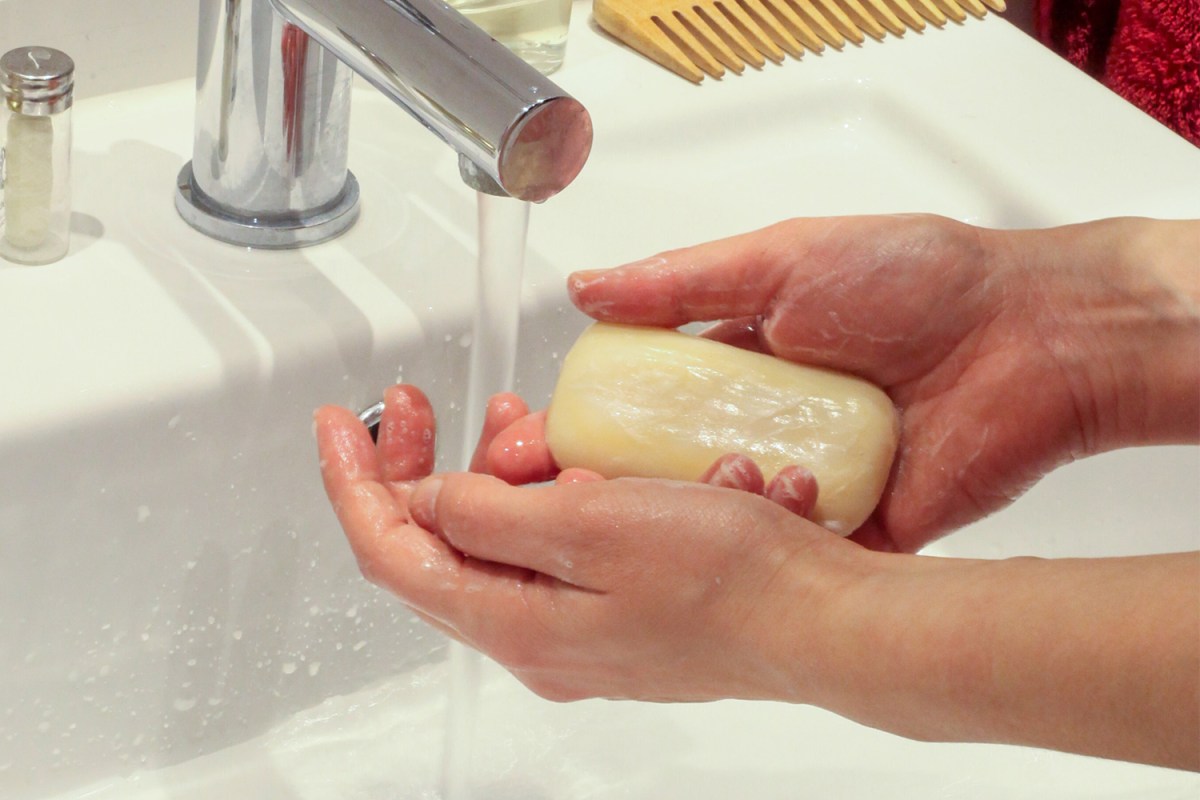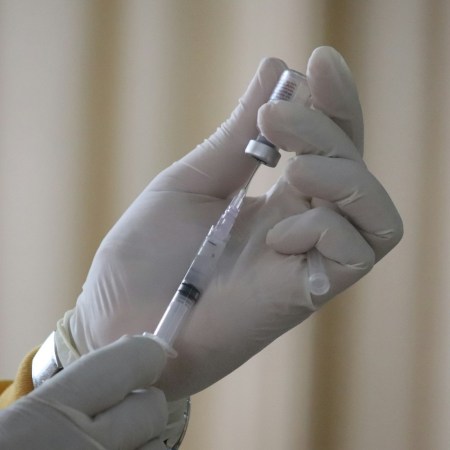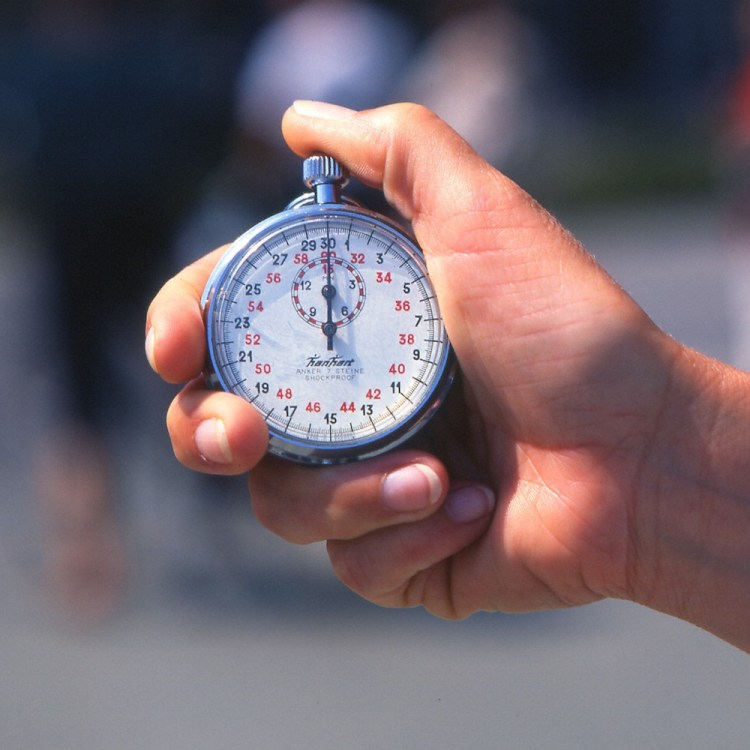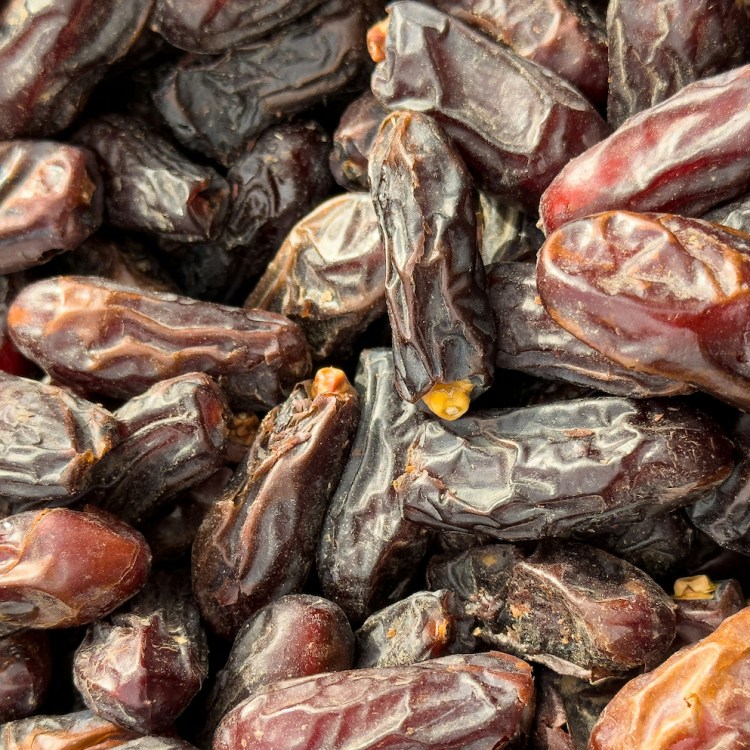Unless you’ve been sequestering yourself from all forms of media as of late, you’ve probably seen plenty of articles about the best way to wash your hands to prevent infection from the coronavirus. Twenty seconds, soap, water — the ingredients are all there. Some places have offered advice as to how to make the 20-second count pass more quickly; others have contributed their own forays into the discussion. Mostly absent from these discussions is the historical element: when did we start washing our hands on a regular basis?
At The Guardian, Amy Fleming explored this vexing subject. “Religious handwashing rituals have been around for thousands of years in Islamic, Jewish and other cultures, but the notion of disease spreading by hand has been part of the medical belief system for only about 130 years,” she writes. So how did handwashing move from the realm of the sacred to the realm of the scientific?
Fleming spoke with Miryam Wahrman, the author of The Hand Book: Surviving in a Germ-Filled World. Wahrman credits one Ignaz Semmelweis for the breakthrough. Semmelweis was a doctor at Vienna General in the 1840s. At that time, illnesses were believed to be caused by bad smells rather than anything else. Ergo:
… it didn’t seem a problem that trainee doctors at Vienna General would hang out in the morgue dissecting corpses to figure out what had rendered them dead and then pop up to the maternity ward to deliver a baby without washing their hands.
When dealing with an unsettling mortality rate — and after one of the doctors died after being cut during surgery — Semmelweis began requesting that doctors wash their hands. Consequently, the mortality rate for new mothers dropped dramatically. From there, other pioneering medical figures, including Louis Pasteur and Florence Nightingale, built on Semmelweis’s work.
Wahrman notes that handwashing rates still aren’t as high as they should be. Which means, paradoxically, that the same advice from 1850 still holds up 170 years later. Wash your hands, and do so thoroughly.
Subscribe here for our free daily newsletter.
The Charge will help you move better, think clearer and stay in the game longer. Subscribe to our wellness newsletter today.

















